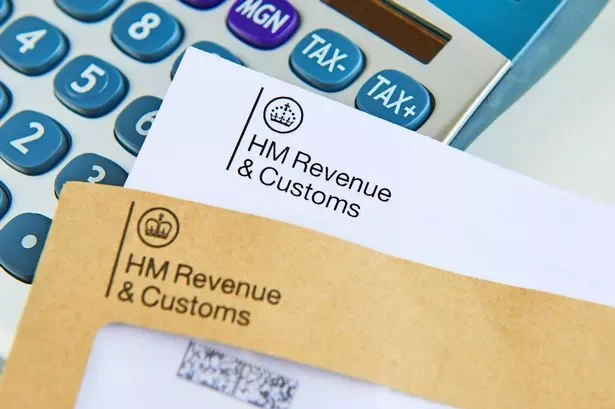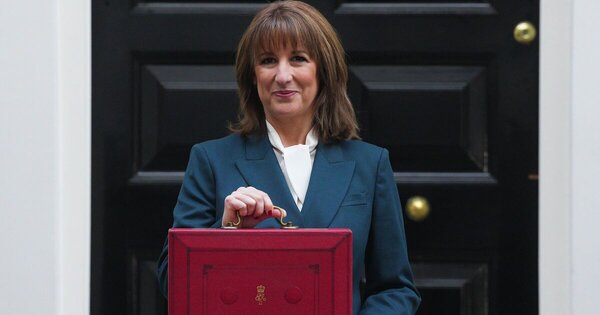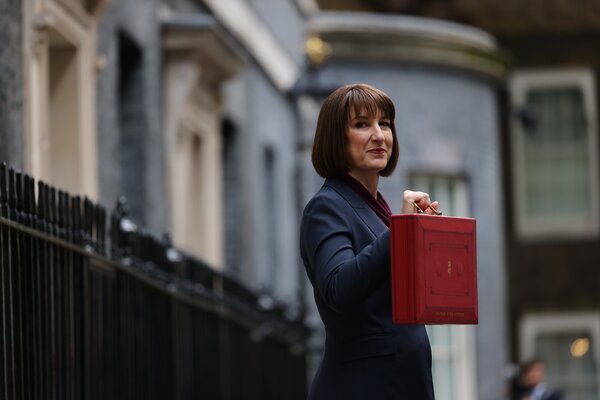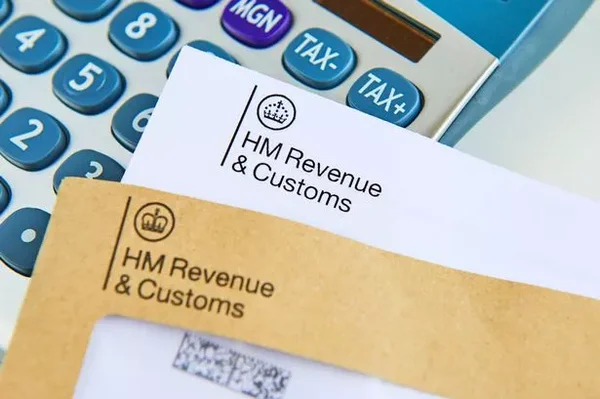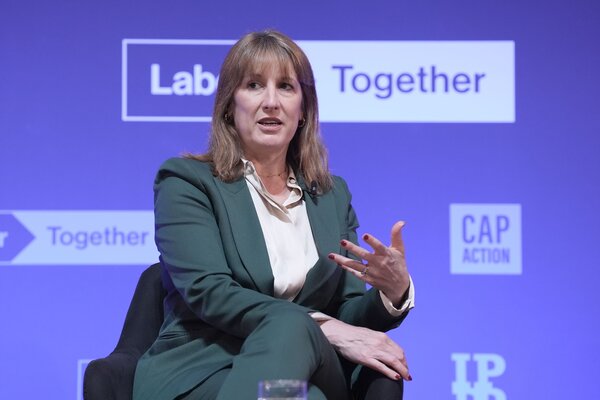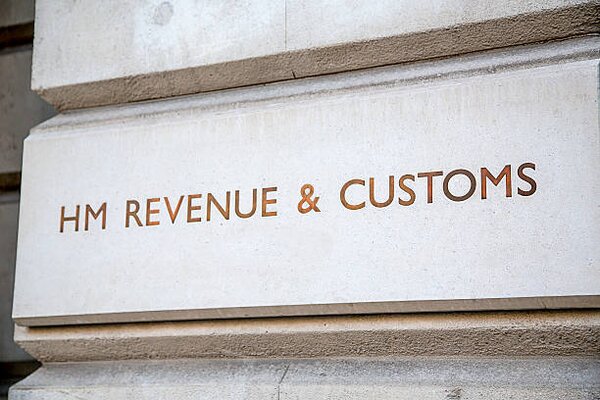Millions Face Looming HMRC Deadline
Millions of UK workers are being urged to act quickly as the Self Assessment deadline fast approaches. HMRC has warned that anyone who must file a tax return for the 2024/25 tax year must do so by 11.59pm on January 31, 2026.
Missing the deadline could leave taxpayers facing significant penalties, even if their outstanding tax payments are small. HMRC has stepped up alerts on social media, reminding people that the window for action is narrowing rapidly.
Online Filers Must Have UTR in Time
Those filing online need a Unique Taxpayer Reference (UTR) to complete their return. HMRC warns that new filers who wait too long risk being locked out, as obtaining a UTR can take time.
Meanwhile, people who no longer need to submit a tax return are being urged to contact HMRC promptly. Failure to notify the tax office could result in penalties being issued automatically, even if no filing is required.
Penalties Start at £100 and Escalate Fast
Anyone who misses the filing deadline will immediately receive a £100 fixed penalty. If the return is still outstanding after three months, a daily charge of £10 per day, up to £900, will apply.
After six months, HMRC adds a further penalty equal to 5% of tax owed or £300, whichever is higher. A similar penalty is added again after 12 months, meaning delays can quickly turn into substantial financial burdens.
Late Payment Fees and Interest Add More Pressure
As well as late filing fines, HMRC charges people who delay paying their tax. After 30 days, a 5% surcharge is added to unpaid tax, with further 5% charges at six and 12 months late.
Interest is also charged on the outstanding balance, meaning waiting even a short time beyond the deadline can become costly. HMRC stresses that all these charges can be avoided simply by filing and paying on time.
When You Must Tell HMRC You No Longer Need to File
Taxpayers who believe they are no longer required to submit a Self Assessment return must proactively inform HMRC. This applies to those who’ve stopped being self-employed, no longer pay the High Income Child Benefit Charge, or have ceased renting out property.
If HMRC is not notified, the system may automatically issue penalties, even if no tax return should be required. Once notified, HMRC will confirm in writing whether future returns are expected.
Final Return Requirements for Those Stopping Trading
Anyone ending self-employment or leaving a business partnership must still submit a final tax return. This must include all trading income, final profits or losses, allowable expenses, and any Capital Gains Tax due.
Capital allowances, including balancing charges for sold business equipment, must also be included. Only after submitting the final return and informing HMRC of the change can taxpayers be removed from the Self Assessment system.
